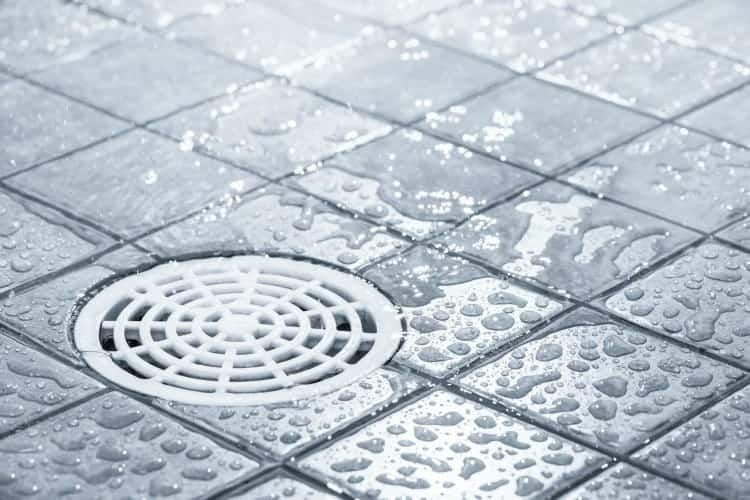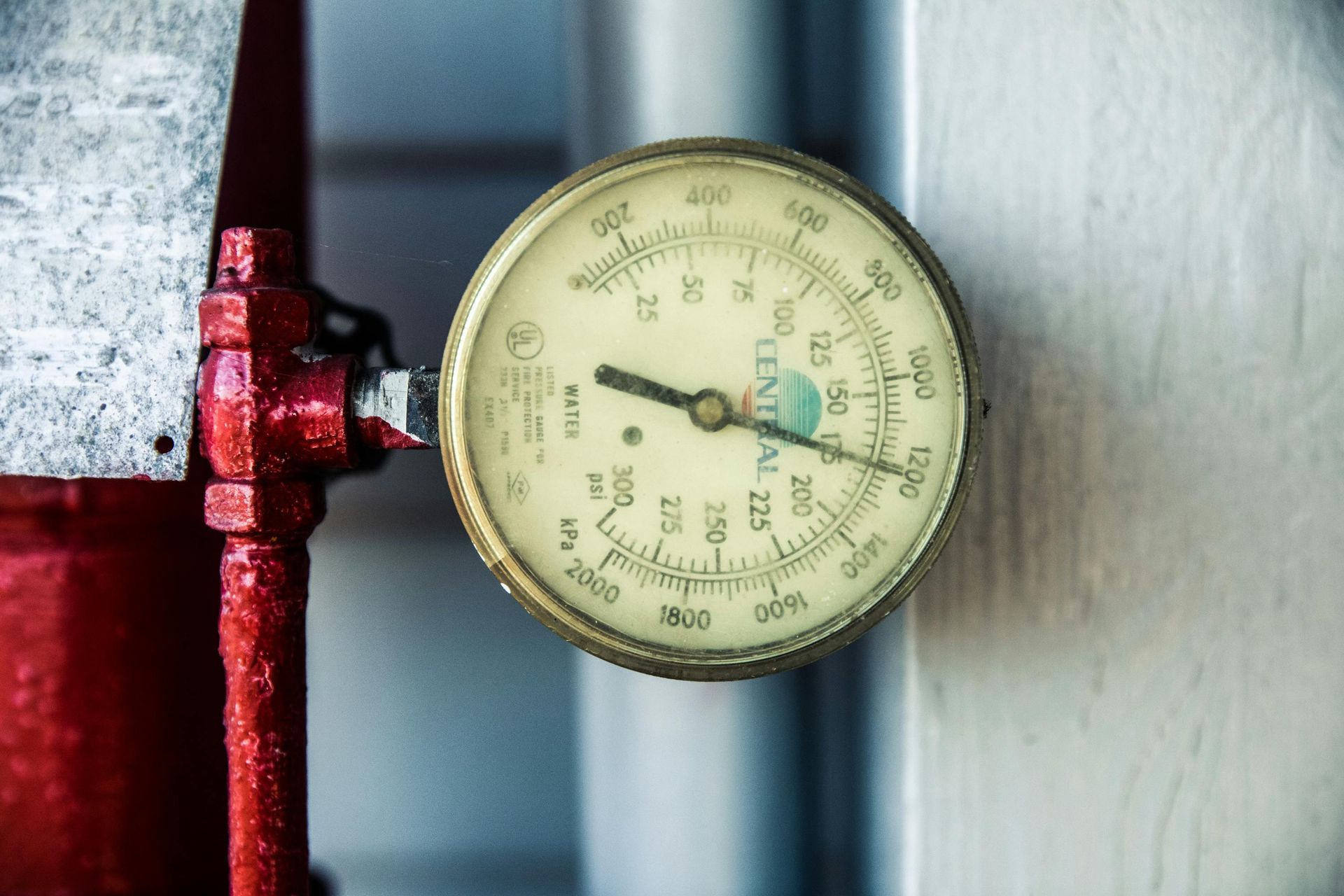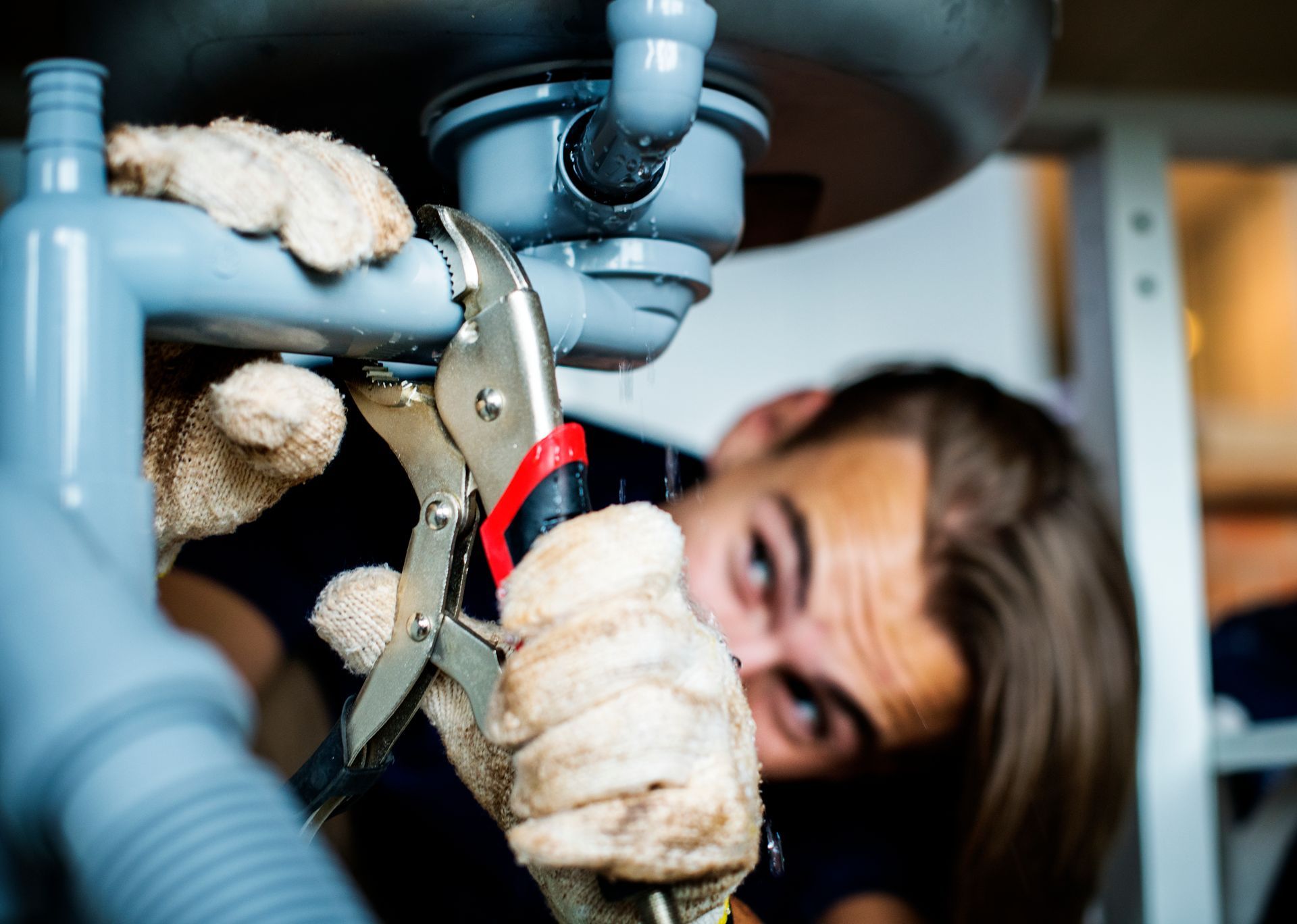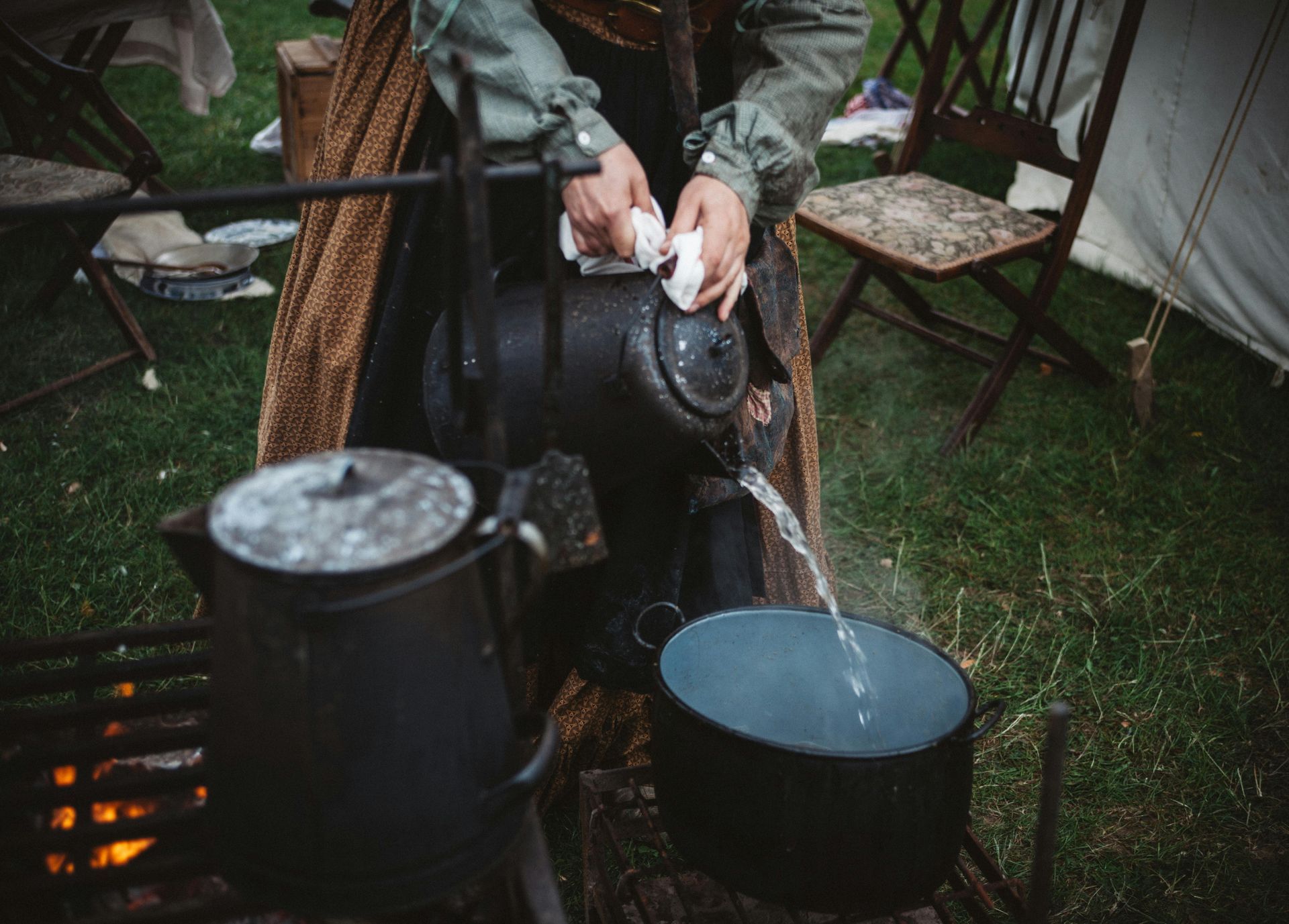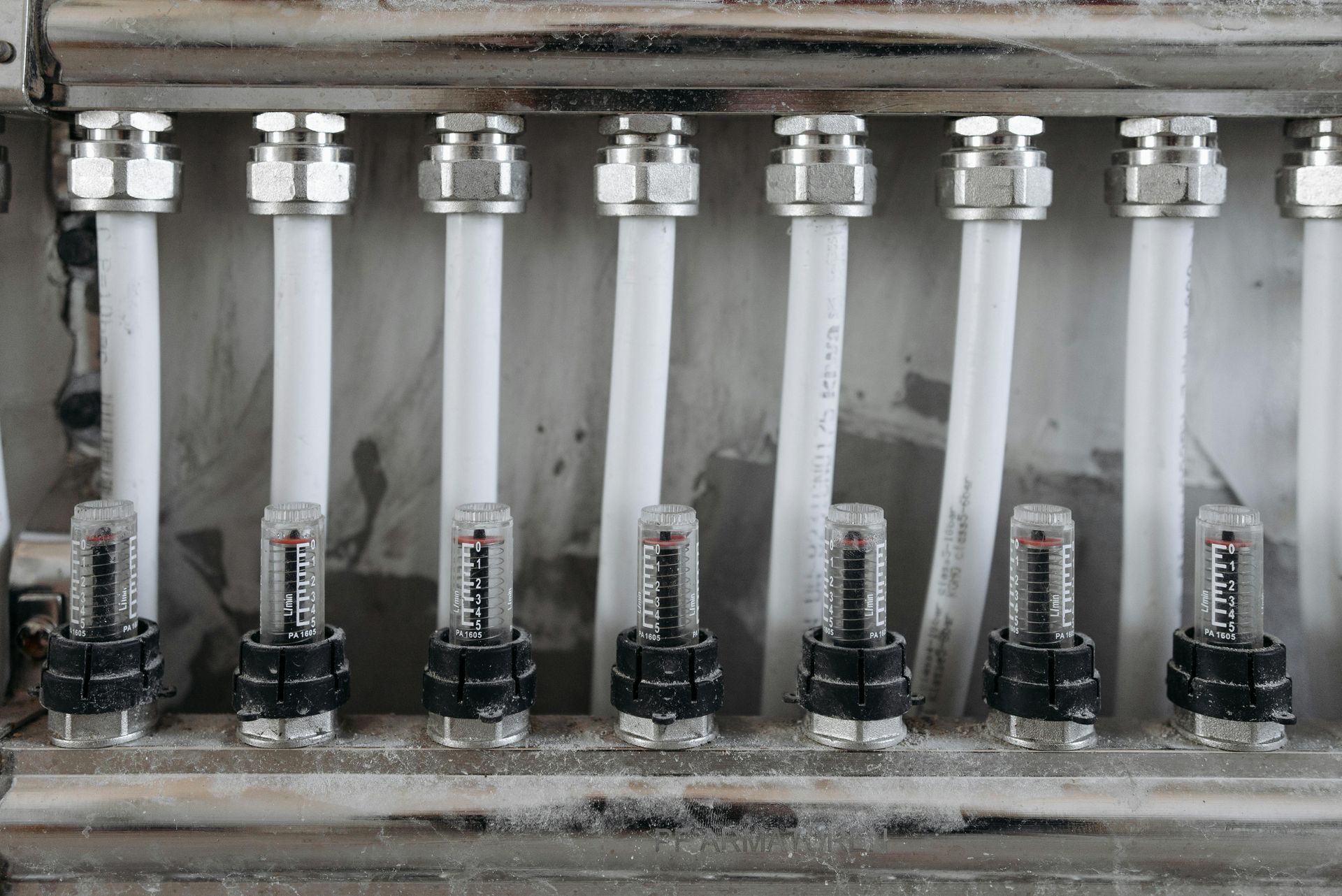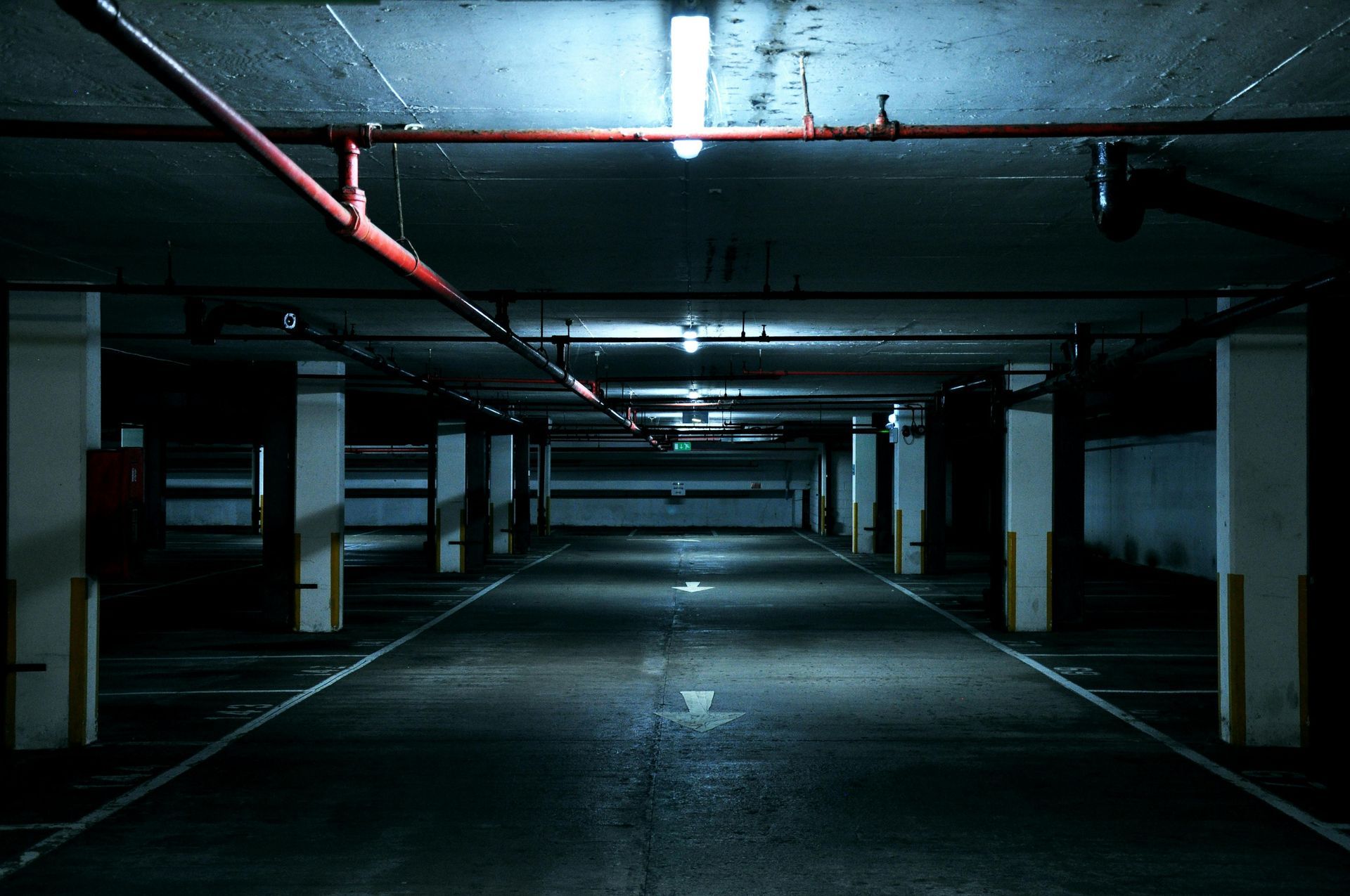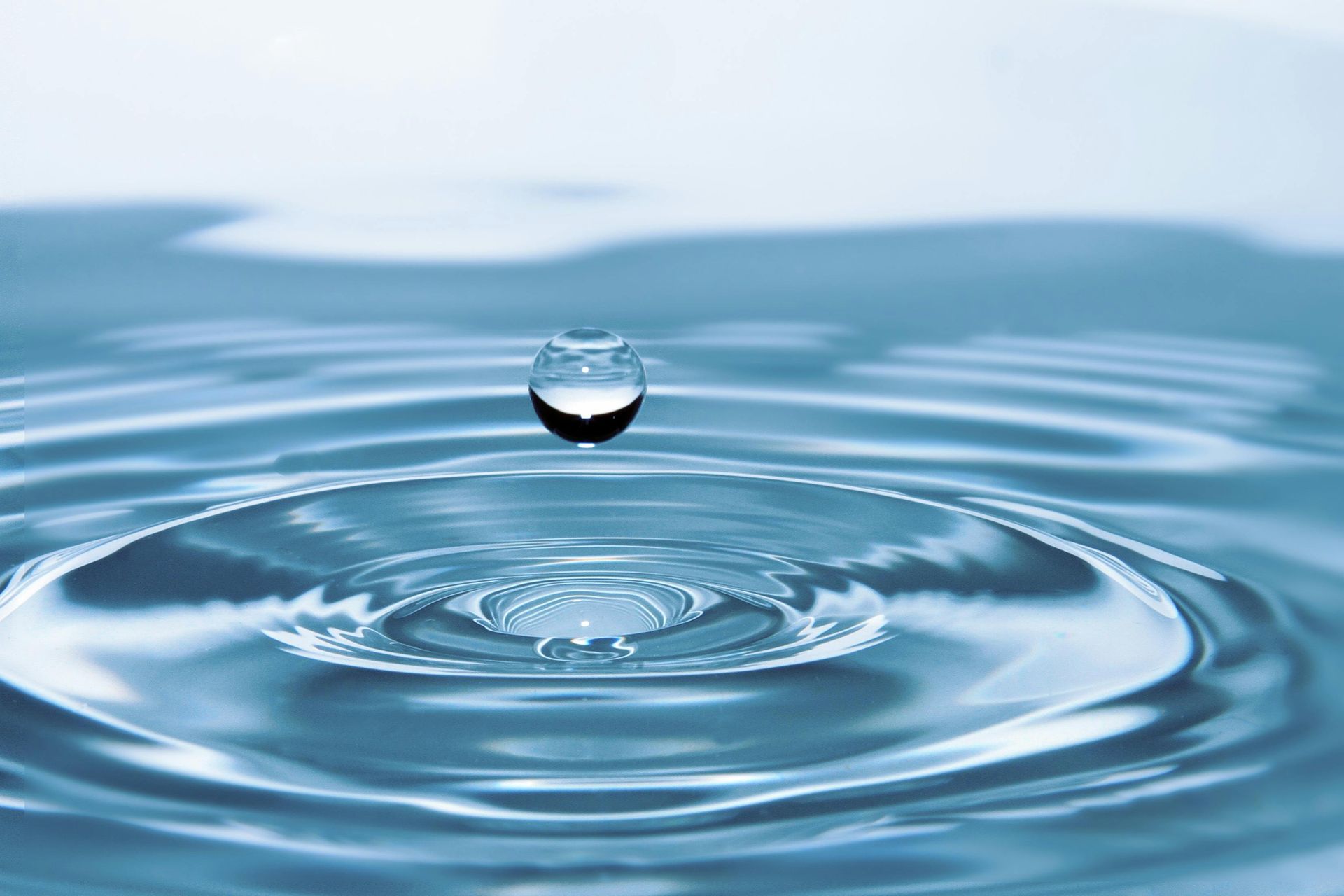How to Maintain Your Water Heater for Optimal Performance?
Maintaining your water heater is essential for ensuring reliable hot water, maximizing energy efficiency, and extending the lifespan of your appliance. Regular upkeep not only helps prevent costly repairs but also safeguards your home against potential water damage and emergency failures. In this comprehensive guide, we’ll explore the key steps for maintaining your water heater for optimal performance, touching on related considerations such as how to choose the right water softener and the value of professional services like those provided by All City Plumbers.
Understanding the Importance of Water Heater Maintenance
Water heaters are among the most vital yet often overlooked appliances in your home. Whether electric, gas, or tankless, these units work tirelessly to provide hot water for showers, laundry, and dishwashing. Without proper maintenance, water heaters can suffer from sediment buildup, corrosion, leaks, and reduced efficiency, all of which can shorten their lifespan and increase your utility bills.
Regular maintenance helps identify and address minor issues before they escalate into major problems. It also ensures that your water heater operates at peak efficiency, saving you money on energy costs and reducing your environmental footprint. By investing time in routine care, you can avoid the inconvenience and expense of sudden breakdowns and emergency repairs.
Key Maintenance Tasks for Water Heaters
To keep your water heater running smoothly, several routine tasks should be performed at least once a year. These include flushing the tank, inspecting and testing the temperature and pressure relief (TPR) valve, checking the anode rod, and adjusting the thermostat.
Flushing the Tank:
Sediment buildup at the bottom of your water heater tank is a common issue, especially in areas with hard water. Over time, minerals and debris can accumulate, reducing heating efficiency and potentially damaging the tank. Flushing the tank involves draining several gallons of water to remove this sediment. To do this, turn off the power and water supply, connect a garden hose to the drain valve, and direct the other end to a floor drain or bucket. Open the drain valve and let the water flow until it runs clear. This process should be repeated annually or more frequently if you notice signs of sediment, such as popping or rumbling noises.
Testing the TPR Valve:
The temperature and pressure relief valve is a critical safety feature that prevents excessive pressure buildup inside the tank. To test the TPR valve, lift the lever and allow water to discharge briefly. If water continues to drip or no water comes out, the valve may be faulty and should be replaced immediately. Testing the TPR valve once or twice a year helps ensure your water heater remains safe and reliable.
Inspecting and Replacing the Anode Rod:
The anode rod is a sacrificial component that attracts corrosive elements in the water, protecting the tank from rust and corrosion. Over time, the anode rod can become depleted and should be inspected annually. If it is heavily corroded or less than half its original thickness, it should be replaced. This simple step can significantly extend the life of your water heater.
Adjusting the Thermostat:
Setting the thermostat to the appropriate temperature (usually around 120°F) ensures energy efficiency and reduces the risk of scalding. If you use well water, a slightly higher setting (140°F) may be recommended to prevent bacterial growth. Check the temperature periodically and adjust as needed.
Additional Maintenance Tips
Beyond the core tasks, several other maintenance practices can further enhance your water heater’s performance and longevity.
Insulating Your Water Heater and Pipes:
Adding insulation to your water heater and the first few feet of hot water pipes can reduce heat loss and improve energy efficiency. This is especially beneficial in colder climates or for older units.
Regular Visual Inspections:
Check your water heater regularly for signs of leaks, rust, or corrosion. Pay close attention to the tank, pipes, and connections. Addressing small leaks early can prevent costly water damage and more extensive repairs.
Using Clean Water:
Ensure that only clean water enters your water heater tank. Avoid filling the tank with water that contains sand, mud, or excessive minerals, as these can clog pipes and accelerate wear.
The Role of Water Softeners in Water Heater Maintenance
Hard water is a leading cause of sediment buildup and corrosion in water heaters. Installing a water softener can help mitigate these issues by removing calcium and magnesium ions from your water supply. Choosing the right water softener involves assessing your household’s water usage, hardness level, and plumbing requirements. Larger households or those with high water demand will need a system with a higher capacity and flow rate. Look for models tested under NSF/ANSI standards to ensure effective performance and reliability.
A properly installed and maintained water softener can dramatically reduce the frequency of tank flushing and extend the lifespan of your water heater. It also helps protect other water-using appliances, such as dishwashers and washing machines, from mineral buildup and premature failure.
When to Call a Professional
While many maintenance tasks can be performed by homeowners, some situations require the expertise of a licensed plumber. If you are unsure about any aspect of water heater maintenance, or if you encounter persistent issues such as leaks, unusual noises, or inconsistent hot water, it’s best to seek professional assistance. Companies like All City Plumbers offer comprehensive services, including routine maintenance, repairs, and installations, ensuring your water heater remains in top condition.
Professional plumbers can also provide valuable advice on how to choose the right water softener and integrate it with your existing plumbing system for optimal results. Regular professional inspections can catch potential problems early, saving you time and money in the long run.
Conclusion
Maintaining your water heater is a straightforward yet essential process that pays dividends in reliability, efficiency, and longevity. By performing regular tasks such as flushing the tank, testing the TPR valve, inspecting the anode rod, and adjusting the thermostat, you can keep your water heater operating at its best. Incorporating a water softener into your home’s plumbing system further enhances protection against sediment and corrosion, while professional services like those offered by All City Plumbers ensure that your appliance receives the expert care it deserves. With consistent maintenance and the right support, your water heater will continue to provide dependable hot water for years to come.

